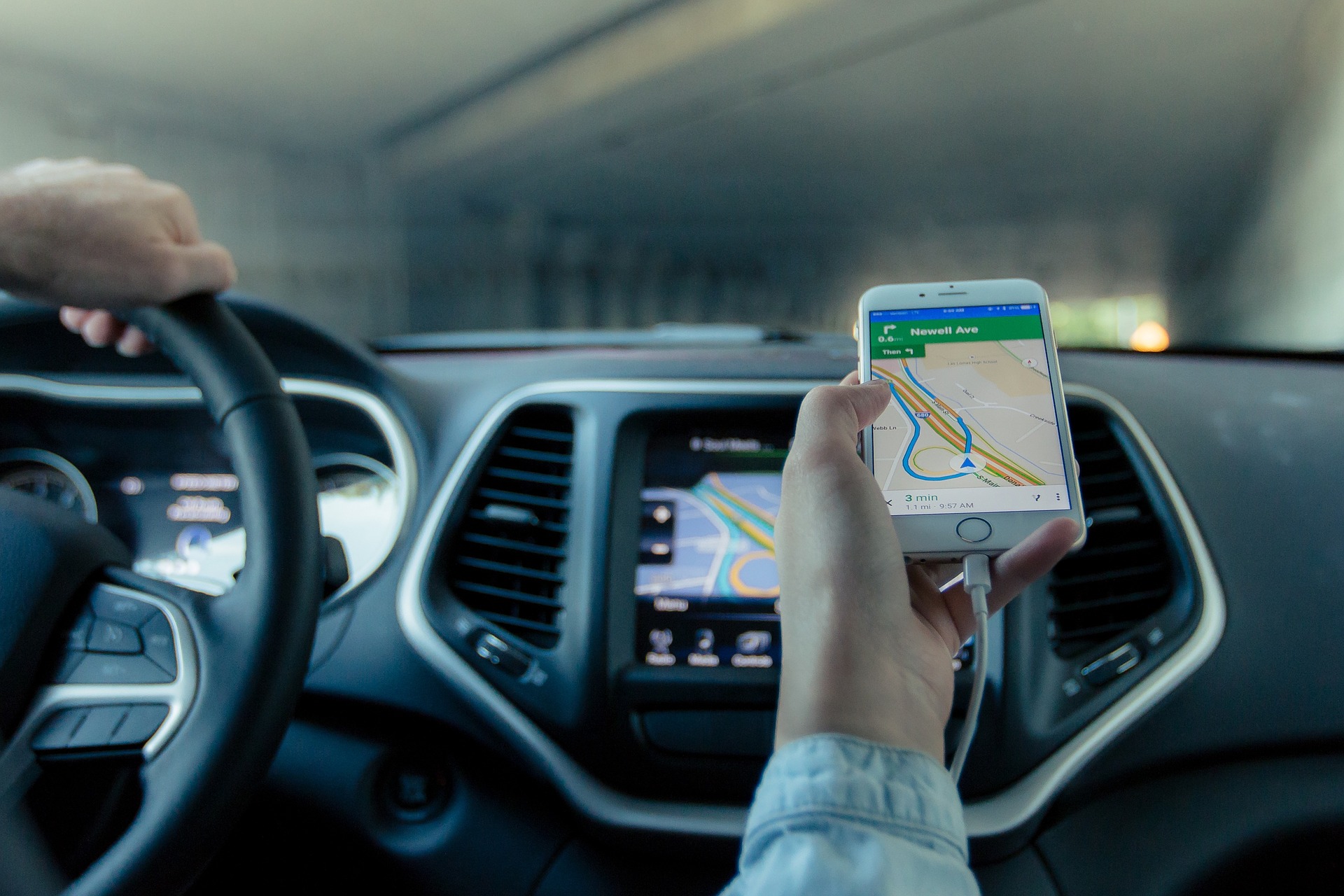
We’ve been keeping an eye on Florida and their review of Uber over unemployment benefits for their drivers. The McGillis case in Florida appears to be one of the first rubs between the gig economy and the nation’s traditional view of a job.
Here is the background.
In 2015, Darrin McGillis purchased a car and began driving for Uber. Uber considers their drivers to be independent contractors. Later that year Uber removed McGillis from their driver roles and deactivated his driver account. The separation occurred after McGillis requested Uber help him obtain compensation from a passenger who allegedly damaged his vehicle. Uber refused.
After being terminated, McGillis filed for unemployment benefits in Florida and was denied. He then sued the state and the company. The state’s initial ruling on the unemployment claim was upheld by the Third District Court of Appeal.
The court pointed out in their decision that McGillis signed a contract identifying himself as a contracted worker. He was not required by that contract to accept any of Uber’s requests to pick up riders. He was also not under the supervision of any Uber manager concerning usual employee responsibilities.
“Due in large part to the transformative nature of the internet and smartphones, Uber drivers like McGillis decide whether, when, where with whom and how to provide rides using Uber’s computer programs,” the decision read. “This level of free agency is incompatible with the control to which a traditional employee is subject.”
It appears, though it is not certain, that workers in the gig economy are going to be denied the same protections, such as unemployment, granted to their peers in traditional employee roles.



